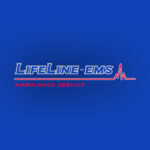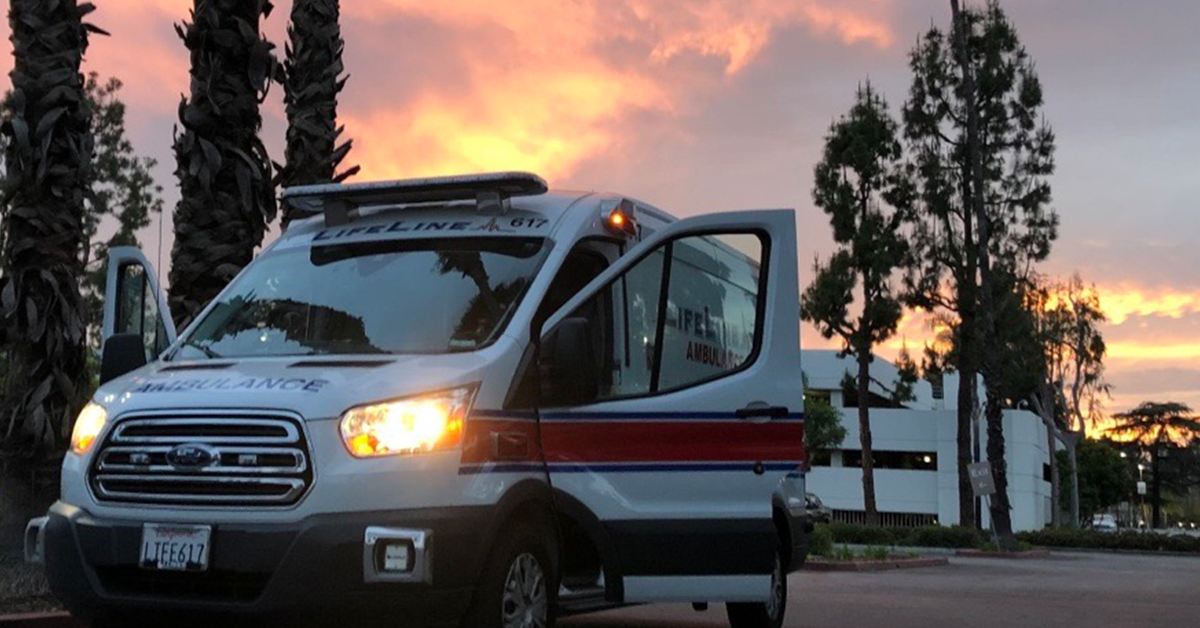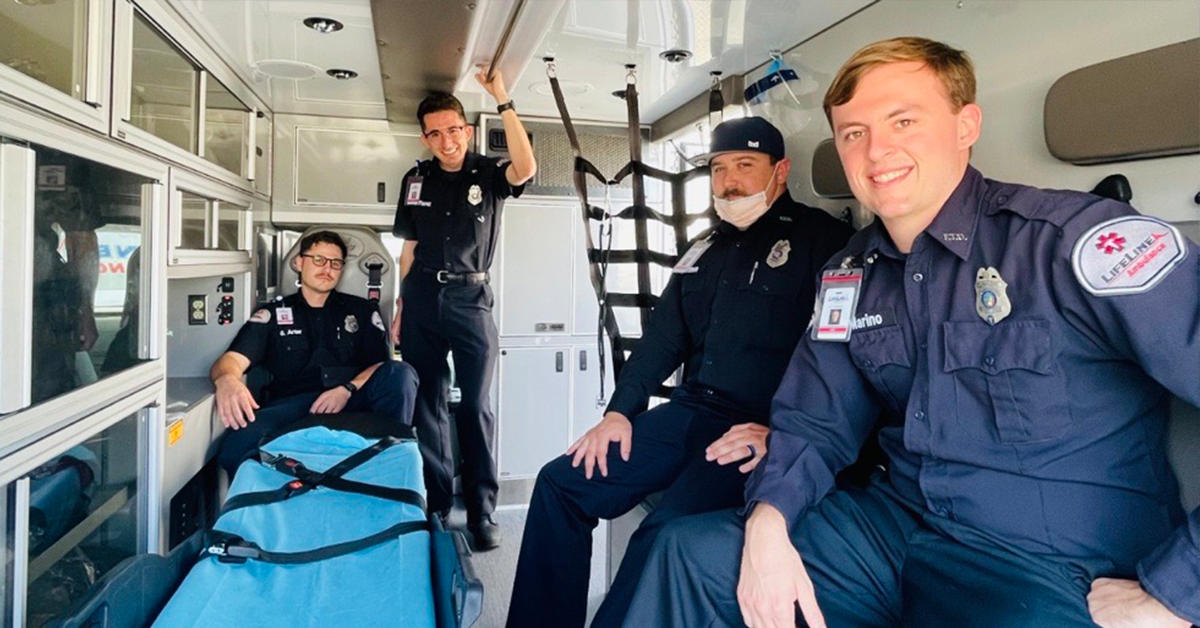A career in Emergency Medical Services (EMS) is not only a gateway to making a difference in people’s lives but also a foundation for long-term career growth. The skills, knowledge, and experience gained as an Emergency Medical Technician (EMT) or paramedic can open doors to various professional opportunities beyond the immediate scope of EMS. For those in Los Angeles and Southern California, LifeLine EMS offers a unique environment that supports career advancement and equips individuals with versatile skills applicable across multiple industries. This article explores how EMS experience can pave the way for diverse career paths and why starting your journey with LifeLine EMS is the ideal choice.
The Foundational Skills Developed in EMS
Working in EMS equips individuals with a broad range of transferable skills that are highly valued across different career fields. Here are some key competencies that EMS professionals develop:
1. Critical Thinking and Decision-Making
EMS professionals frequently face high-pressure situations where they must quickly assess situations and make critical decisions. The ability to think clearly under pressure and implement effective solutions is a skill that transcends industries and is highly sought after in roles that require problem-solving and strategic thinking.
2. Communication and Interpersonal Skills
Clear and compassionate communication is essential for EMS professionals who interact with patients, families, and healthcare providers. This ability to convey information effectively, even in stressful situations, is invaluable in roles that involve teamwork, leadership, customer service, or client relations.
3. Leadership and Teamwork
EMS work requires strong collaboration with other first responders and medical professionals. Whether leading a team during an emergency or coordinating with others, the leadership and teamwork skills developed in EMS are essential for advancing into supervisory, management, or leadership positions in any field.
4. Stress Management and Emotional Resilience
EMS professionals are trained to remain calm and focused during emergencies. Managing high-stress situations and building emotional resilience are vital skills that can be applied in various careers, especially in roles that involve high stakes or complex decision-making.
5. Technical Proficiency and Continuous Learning
The medical procedures, equipment, and technology used in EMS require technical proficiency and a commitment to continuous learning. The experience of adapting to new tools, methods, and technologies ensures that EMS professionals can thrive in dynamic environments that demand up-to-date knowledge and adaptability.
Pathways to Career Advancement in EMS and Beyond
The skills gained in EMS are highly transferable and can serve as a stepping stone to various career paths. Whether you choose to continue in the healthcare field or explore different industries, EMS experience provides a strong foundation for growth.
1. Advancing Within EMS
For those passionate about emergency medical services, there are clear pathways for career growth within the field:
- Paramedic Certification: EMTs can advance their careers by becoming paramedics, which expands their scope of practice and enables them to perform more advanced medical procedures.
- Field Training Officer (FTO): Experienced EMTs can transition into FTO roles, where they mentor and train new recruits, helping to shape the next generation of EMS professionals.
- Supervisory and Leadership Roles: EMS organizations like LifeLine EMS offer opportunities to advance into supervisory roles, such as shift supervisors, operations managers, or training coordinators.
2. Transitioning to Healthcare Roles
The experience and skills developed in EMS are highly applicable to other healthcare roles, making it easier for EMS professionals to transition into different medical fields:
- Nursing: Many EMTs and paramedics choose to pursue nursing degrees, using their emergency care experience as a foundation for roles in hospitals, clinics, and specialized care facilities.
- Healthcare Administration: EMS experience provides insights into healthcare operations, making it a valuable background for roles in healthcare management, where professionals oversee the efficient delivery of medical services.
- Specialized Medical Fields: Some EMTs and paramedics move into specialized areas like respiratory therapy, radiology, or even physician assistant programs, building on the medical knowledge and patient care experience gained in EMS.
3. Exploring Public Safety and Emergency Management
The skills developed in EMS are also relevant to careers in public safety, emergency management, and related fields:
- Law Enforcement: EMS professionals have a strong understanding of crisis management, situational awareness, and teamwork, making them well-suited for roles in law enforcement, where quick decision-making and public safety are key.
- Firefighting: Many firefighters begin their careers in EMS. The experience of providing emergency medical care and working in high-pressure environments aligns closely with the demands of firefighting roles.
- Emergency Management: EMS professionals have firsthand experience in disaster response and coordination. These skills are valuable in emergency management roles, where professionals develop strategies for disaster preparedness, response, and recovery.
4. Moving into Education and Training
For those with a passion for teaching and mentorship, EMS experience can be leveraged into roles in education and training:
- EMS Instructors: Experienced EMTs and paramedics can become instructors, training the next generation of EMS professionals through educational programs and certification courses.
- Public Health Education: EMS professionals can transition into roles that focus on community health education, where they teach CPR, first aid, and emergency preparedness to the public.
- Corporate Safety Training: The knowledge and skills gained in EMS are applicable in corporate safety roles, where professionals train employees on emergency response protocols, first aid, and workplace safety.
The LifeLine EMS Advantage
For those looking to start or advance their career in EMS, LifeLine EMS in Los Angeles and Southern California provides the ideal environment to build the skills and experience needed for long-term success. Here’s why LifeLine EMS is the perfect place to grow:
Comprehensive Training and Development
LifeLine EMS offers extensive training programs that prepare EMTs and paramedics for the challenges of their roles while also providing opportunities for continuous learning and professional development.
- Basic and Advanced Life Support Training: Employees receive training in essential medical skills, including CPR, AED usage, and advanced airway management.
- Specialized Courses: LifeLine EMS offers specialized training in pediatric care, trauma response, and disaster preparedness, allowing employees to broaden their expertise.
- Leadership Programs: Leadership development programs are designed to help employees advance into supervisory and management positions, equipping them with the skills needed to lead teams effectively.
Supportive Work Environment
A supportive work environment is crucial for personal and professional growth. LifeLine EMS fosters a culture of teamwork, respect, and open communication, ensuring that employees feel valued and supported as they pursue their career goals.
- Mentorship and Guidance: New hires are paired with experienced mentors who provide support, helping them build confidence and develop the skills needed to excel.
- Team Collaboration: LifeLine EMS promotes a collaborative work environment where team members support each other and work together to provide the best possible care.
- Opportunities for Growth: LifeLine EMS prioritizes internal promotions, giving employees clear pathways to advance within the organization.
Competitive Compensation and Benefits
LifeLine EMS offers competitive compensation packages and benefits that enhance job satisfaction and support long-term career growth.
- Health and Dental Insurance: Comprehensive health benefits ensure that employees and their families have access to quality healthcare.
- Retirement Plans: Employees can plan for their financial future with retirement savings options offered by LifeLine EMS.
- Paid Time Off: Generous paid time off policies allow employees to maintain a healthy work-life balance while recharging and spending time with loved ones.
Keep Reading
Want more? Here are some other blog posts you might be interested in.
Emergency Medical Services s a high-stress, physically demanding profession that requires dedication, quick decision-making, and resilience. While the rewards of saving lives...
Emergency Medical Services professionals are often the first point of contact during critical health crises. While technical expertise is essential in emergency...
Emergency Medical Services play a critical role in ensuring the health and safety of communities. In Southern California, including Los Angeles, the...






